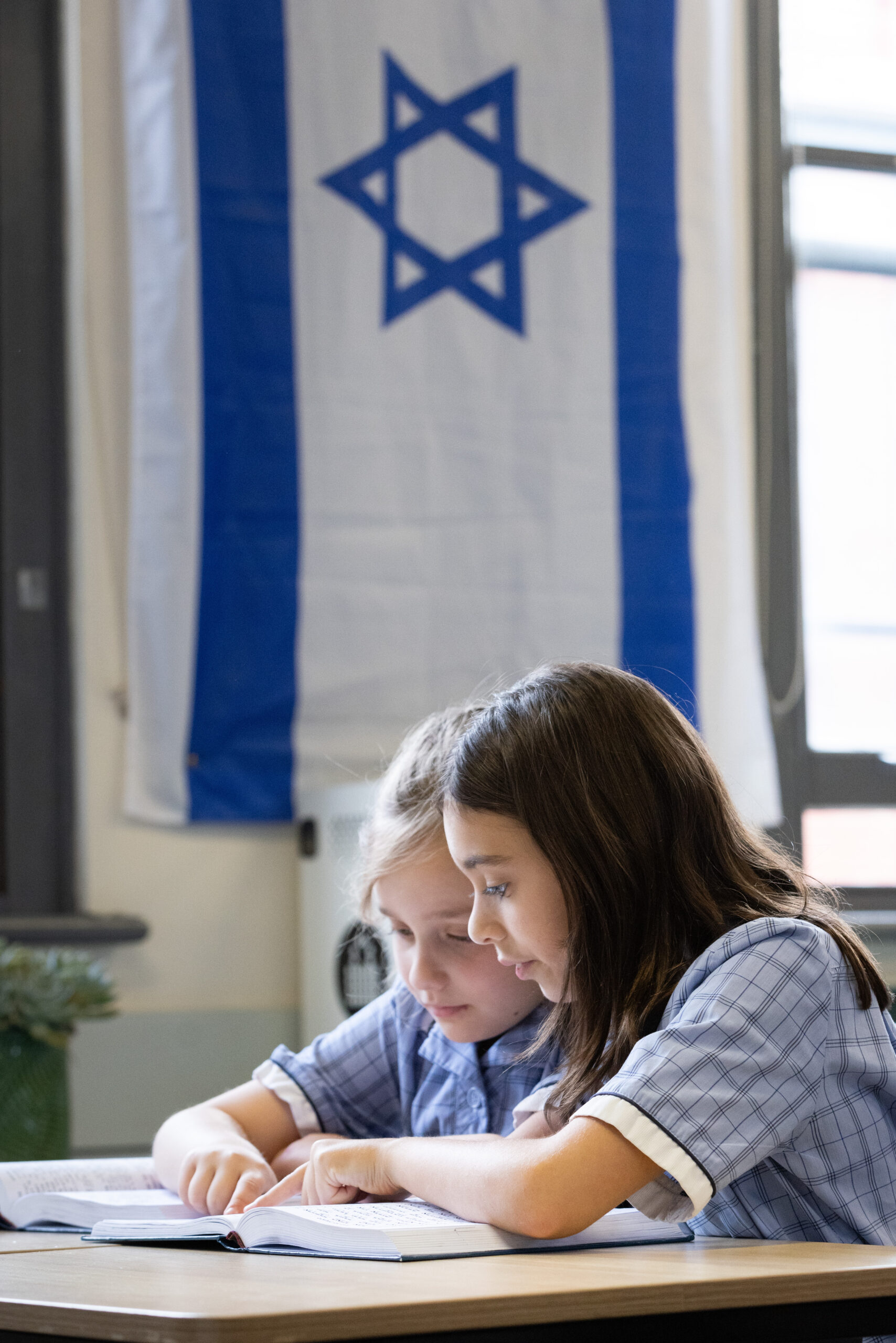
05 May Lifelong Learning
I grew up in a house that was, by all definitions, a lebedik home. Two full time working parents, four busy kids, and a schedule that often felt like a military operation — except with less discipline and more cereal on the floor.
My mother was running Yavneh while teaching VCE English and History (and literature and politics), my father was inspiring a generation of budding musicians, and we children were somehow expected to keep up with homework, piano lessons, sports, and the general demands of Jewish life (where “down time” is apparently not a Torah value).
Weekday meals were not so much dinners as they were pit stops — hurried, haphazard affairs as we grabbed a bite in between extracurriculars and chores. It felt like we lurched from one obligation to the next until, finally, the peace of Shabbat would descend upon the household. Shabbat forced us to slow down. It enforced — and I do mean enforced — three precious hours of uninterrupted family time around the table.
I’m sure there were Friday nights where “blissful family time” was heavily seasoned with sheer exhaustion and burnt chicken, but selective memory has done its job, and when I look back, I only see the beauty.
It was at that table that we would hear about all the learning that had happened that week — not just the learning my siblings and I had accomplished at school, but the learning that my parents had squeezed in between their hectic lives. My father, a devoted non-fiction reader and library book borrower, would regale us with obscure facts about Russian history or the Civil Rights movement, and my mother would transform these facts into dramatic, engaging narratives, quoting Shakespeare or Robert Frost mid-sentence (and occasionally breaking into poetry without warning, but thankfully never resorting to standing on the Shabbos table as she did desks in the classroom). Of course, there were also weeks when the conversation descended into the banal and the ridiculous with talk about trashy TV or the burnt chicken.
As I grew older and began raising my own family (where the chaos and burnt chicken was eerily familiar), I started to appreciate the deeper lessons my parents had imparted. Not just knowledge, but a way of living: the value of lifelong learning.
“Lifelong learning” is one of those phrases that gets thrown around a lot in educational circles. Schools love to claim they are producing “lifelong learners.” But in truth, it’s not something you can produce through lessons or exams. It is something you can become if you have the tools to learn, and something children may want to be if positively modelled by the adults around them. To be a lifelong learner is to engage with the unknown, to embrace the notion that the more you learn the more there is to discover and to appreciate that the journey of knowledge never ends. My parents were well past school and university but continued to expand their understanding of literature, history and most importantly, Torah.
Even today, my parents continue to model this. They print out shiurim on the weekly Parsha, read them, discuss them, argue about them — and in doing so, they show us that learning never ends. Learning happens around messy dining tables, in stolen minutes between carpools and piano lessons and in conversations over Shabbat candles. If we want our children to see learning as a joy, not a burden, then we need to show them that we too are willing to keep growing — between meetings, during late nights, amid the beautiful balagan of Jewish life.
This week, we launched Yavneh Academy — a brilliant initiative spearheaded by Rabbi Cowen, inviting our parents to become students again (thankfully, no report cards or detentions involved). It is a chance for us, as parents, to be doogma ishit — a living, breathing example of lifelong learning. And also to enjoy learning from our brilliant Yavneh teachers! We hope that we are inundated with sign ups and that we grow our community of Torah learning from our children, to our parents and beyond!
May our homes be filled with Torah, curiosity, laughter, a little bit of chaos — and above all, a passion for learning that never ends.
Shabbat Shalom,
Shula




